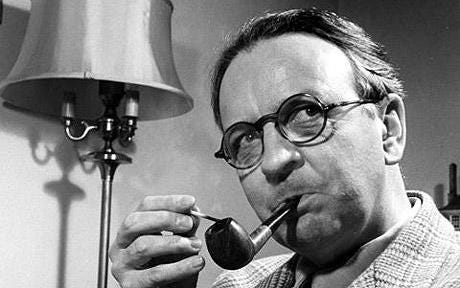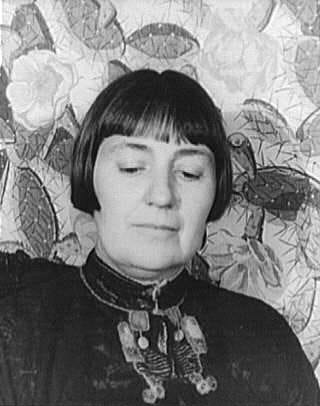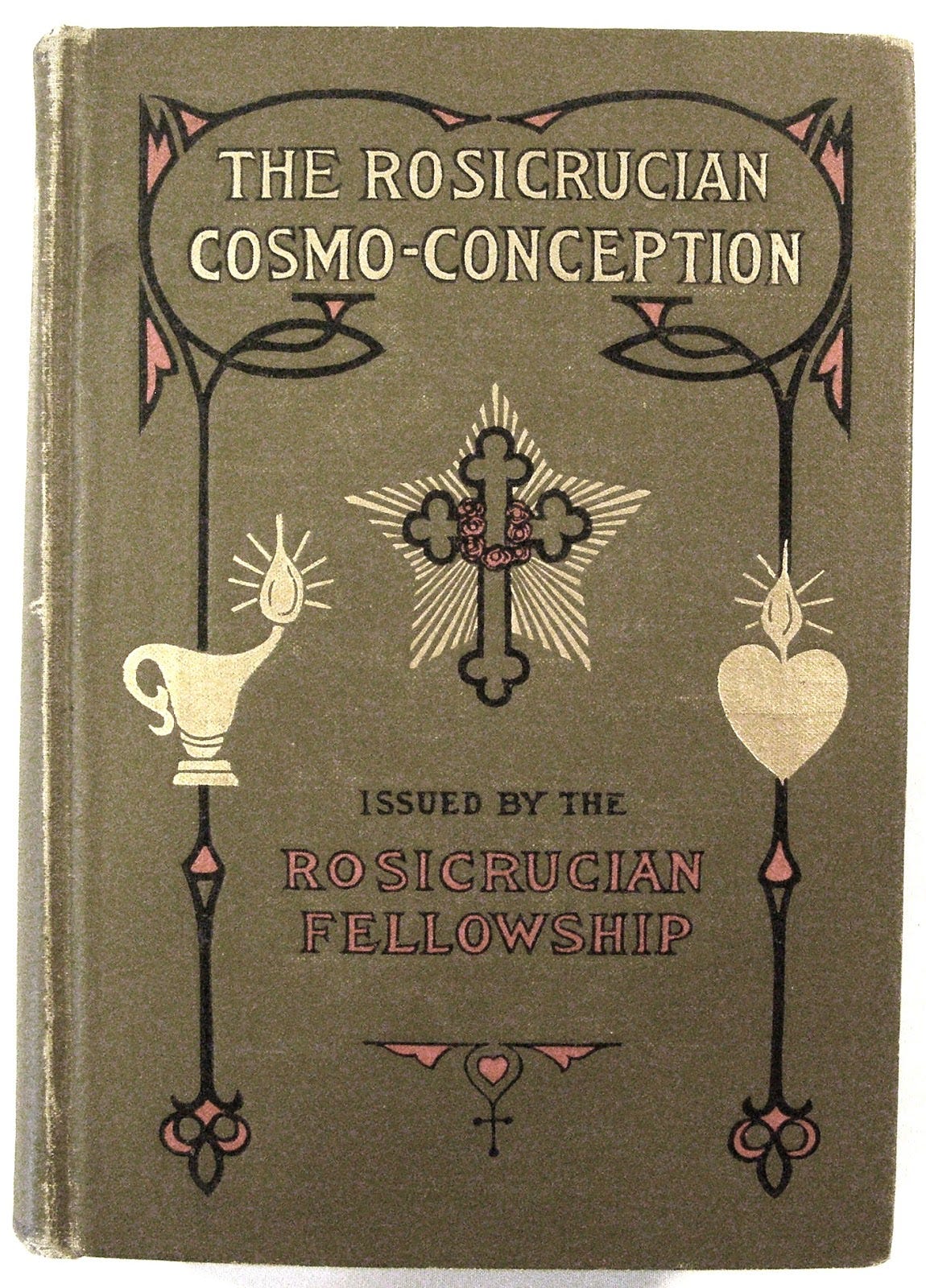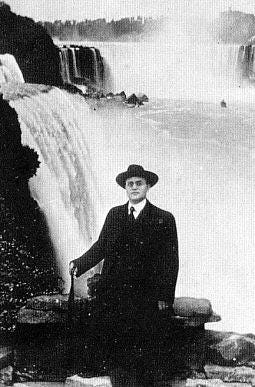I may not remember the plot of a book, but I always remember the character and where I read the book. Raymond Chandler’s “Farewell My Lovely” was read in Taos, New Mexico, sometime in 1974. Which means I was somewhere between the age of 19 and 20. I remember reading this book because it was the book I took for this trip to Dennis Hopper’s ranch in Taos for a family vacation. At the time, Dennis wasn’t around; I think he was on location making a film, but I do remember the hostility between Dennis’ camp and the citizens of Taos. At the time, it felt like to me that I was placed on the border of the West Bank and Israel. I can’t remember their names or the primary host or person taking care of Dennis’ home, but I clearly remember our first night in Taos and trying to locate a restaurant for our first dinner in Taos with the Dennis camp. It seemed when we went into a restaurant; it became closed. On the fourth try, we found a place that would serve us. I think it was the Fonda hotel that served us dinner that night. After dinner, we all got in a van and drove around the town. The citizens of Taos who were on the street sort of gave a dirty look to the van whenever we passed them. We even went past the neighborhood movie theater, which belonged to Dennis. It seems like he booked Bunuel films for the theater. What was noticeable was the gunshots and holes throughout the building, including the lighted marquee. Dennis' friends didn't seem to notice or care about this fact, but I thought for sure this couldn't be a good sign.
When we got to the house later that night and prepared for sleep, I became aware that everyone living there was armed. It seemed that there had been gunshots in the house over the last few months, and luckily no one was hurt, but the feeling was that there was constant danger of someone coming into the household and killing everyone. At least that was my thought as I tried to enter a world of sleep that night. A few days before I left for Taos, I purchased a used copy of "Farewell My Lovely" from a used bookstore in Santa Monica. It was a cool mass market paperback from the UK, and according to the copyright page, it was published sometime in the late 1950s. The edition and author were perfect for the car trip and something to read at the Hopper compound. Well, that was the first thought; the truth is I held on to that book as something that may either save me from being shot to death or, better yet, an escape route from this hellish family vacation.
Dennis’ home used to be owned by Mabel Dodge, a wealthy patron of the arts, and eventually moved to Taos to start an art colony. She died in 1962 at her home. One of her famous guests was D.H. Lawrence, and they had a fraught relationship. She wrote a memoir about her years with Lawrence called “Loreno in Taos.” So one could feel the vibrations of the house, but it was in total conflict with the outside world. My mother mentioned seeing an older woman standing by the driveway one day while we left to pick up breakfast. She later recognizes her as Mabel Dodge due to a photograph of her that was in the household. There is something very spiritual about the Taos landscape that I find terrifying.
I picked up another book I found in the Hopper residence: “The Rosicrucian Cosmo-Conception" by the Christian occultist, astrologer, and mystic Max Heindel. I was drawn to this book because I found it in my bedroom, and it was ancient. When I was looking at the copyright page, it was dated 1909. I read bits and pieces of it, but it wasn’t Raymond Chandler, that’s for sure. The most exciting part of the book is when he wrote about the “invisible plans, ” of which there are many. There is our life on this planet (i.e., Taos), and then there're different forms of consciousness transcending the known physical universe.
Nevertheless, it did seem to me at the time to be the perfect book to have in Taos. I gained the impression that I lived among a cult or, worst yet, several cults. The only place where I felt safe was the Fonda Hotel, just because it appears to attract people from outside the state, and they seemed (to me) perfectly normal.
I counted the moments and seconds till we left the area. I never felt more secure and alive when we headed back towards Los Angeles, a city of dreams and a city where Max Heindel spent a great deal of time as well.







